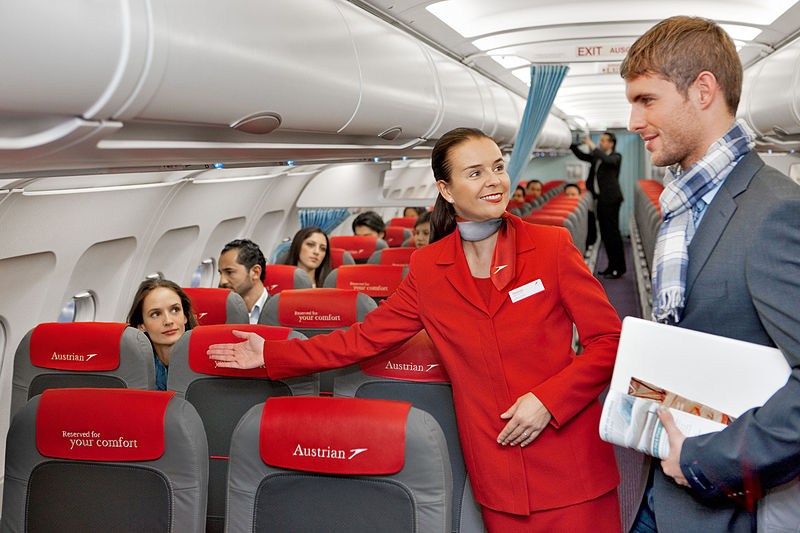One-fifth of all international flights out of England are taken by just one percent of the population.
There are lots of good things about planes. They have reduced the time and cost of long-distance travel and subsequently opened up the world to more people than ever before. That brings benefits to our economies and workplaces and wellbeing by giving millions of people the opportunity to holiday in exotic places, to experience different cultures, to spend time with far-flung friends and family, to do business on a global scale… the list goes on.
But flying is also really bad for the environment. Planes are responsible for 7 percent of all the UK’s CO2 emissions. Considering the threats climate change poses to us, our homes, our jobs and our economies, lots of people are now calling for a rethink on how much we fly.
Some of them say we could balance all those benefits of flying with protecting the environment by introducing a frequent flyer tax. It’d work like this: everyone would get one tax-free return flight each year, and then for every extra flight they took they’d pay an escalating amount of money on top of their ticket.This plan has two big advantages. It puts most of its costs on those who bear most of the responsibility for plane-travel damage, which most would consider fair. And if it put everyone off flying frequently, it would reduce flying a lot. Half of all flights out of England were taken by the same 10 percent of the population.
But there are criticisms of frequent flier taxes, too. In practice, it makes access to international travel even more dependent on how well-off you are. Unless the multiple-flight fees are truly eye-watering, the very rich will probably not find it that much of a hardship to cough up. Similarly, established big businesses will be able to afford the benefits of international in-person meetings while newer or smaller ones may struggle, which hurts competitiveness.
Read our explainer on: putting a price on environmental damage.

